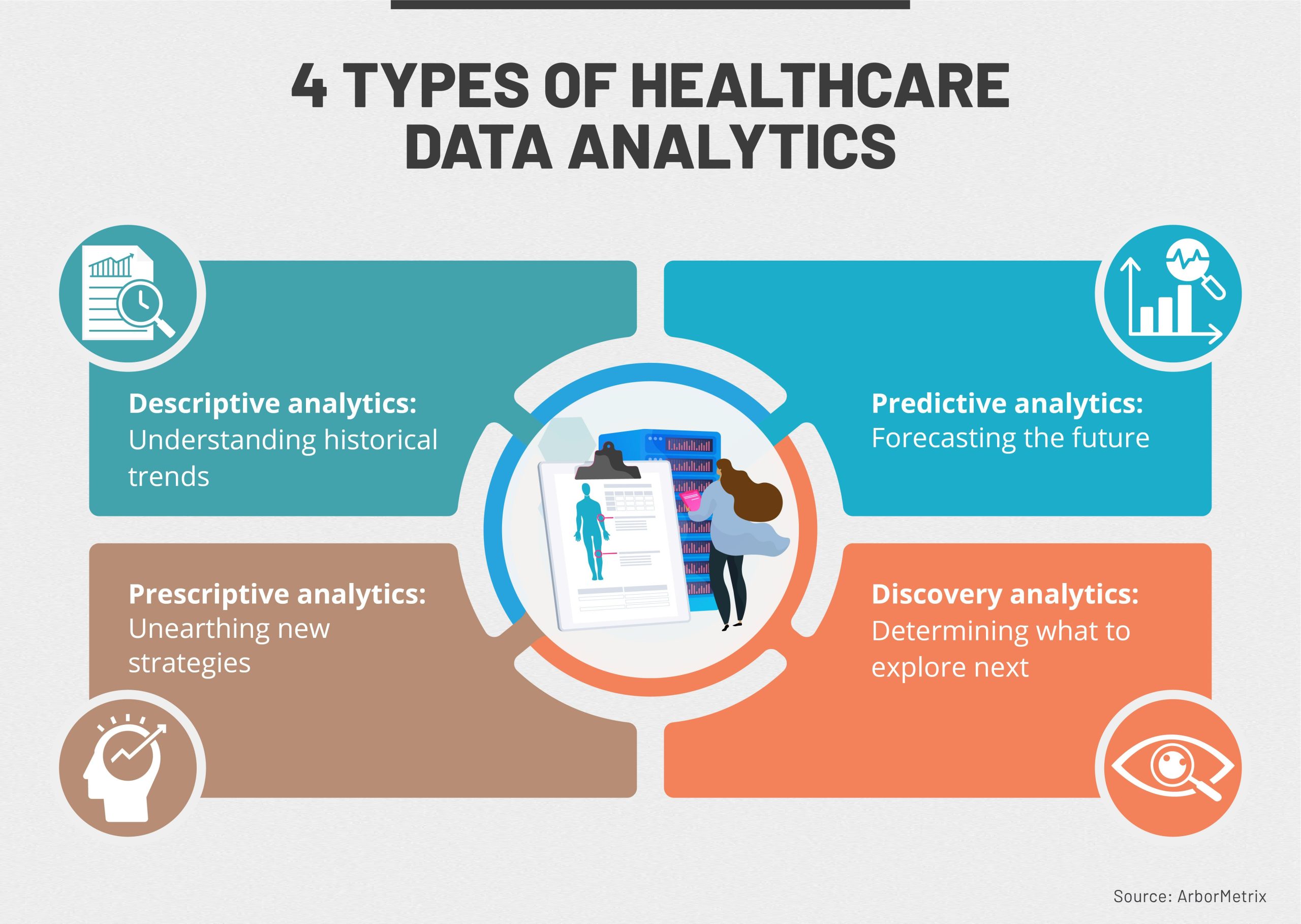In recent years, the real estate industry has witnessed a significant shift towards the use of data-driven decision-making. One of the key tools that have revolutionized the sector is predictive analytics. This article explores how predictive analytics is transforming the real estate investment landscape and its potential benefits.
What is Predictive Analytics?
Predictive analytics is an advanced data analysis technique that leverages historical data, statistical algorithms, and machine learning to forecast future outcomes. In the context of real estate investment, predictive analytics involves analyzing various data points – such as property prices, economic indicators, demographic factors, and market trends – to predict the potential performance of a property or market.
Better Investment Decisions
Predictive analytics enables real estate investors to make more informed and accurate investment decisions. By analyzing historical data of similar properties, predictive models can assess the potential return on investment (ROI) and identify the most promising investment opportunities. This helps investors mitigate risks and maximize their profitability.
Identifying Emerging Markets
Predictive analytics can also help investors identify emerging markets with high growth potential. By analyzing a range of data points, such as population growth, job market trends, and infrastructure development, predictive models can identify areas that are likely to experience significant appreciation in property values. This information assists investors in entering these markets at an early stage and reaping the benefits as the market grows.
Optimizing Rental Yields
For real estate investors focused on rental properties, predictive analytics can play a crucial role in optimizing rental yields. By analyzing factors such as location, property features, and local rental market dynamics, predictive models can help investors determine the optimal rental rates to maximize occupancy rates and rental income. Additionally, these models can also predict potential tenant turnover, allowing investors to plan ahead and minimize vacancies.
Risk Mitigation and Market Volatility
Real estate investments are not immune to market volatility and economic downturns. However, predictive analytics can assist investors in mitigating risks associated with market fluctuations. By analyzing various macroeconomic factors, housing market trends, and historical data, predictive models can provide insights on how different factors may impact property values in the short and long term. This knowledge allows investors to make more informed decisions and adjust their investment strategies accordingly.
Portfolio Optimization
Another advantage of predictive analytics in real estate investment is its ability to optimize investment portfolios. By analyzing individual property performance, rental yields, market variables, and other financial factors, predictive models can identify opportunities to improve the overall portfolio performance. This includes identifying underperforming assets, allocating resources effectively, and diversifying the portfolio to manage risks.
Challenges and Limitations
While predictive analytics offers significant benefits to real estate investors, it is essential to acknowledge the challenges and limitations associated with this approach. Firstly, predictions are based on historical data and assumptions, which may not always accurately reflect future market dynamics. External factors, such as regulatory changes, natural disasters, or economic recessions, can impact real estate markets and investments unpredictably. Additionally, the accuracy of predictive models relies heavily on the quality and reliability of the underlying data. Incomplete or inaccurate data can lead to flawed predictions.
Conclusion
Predictive analytics in real estate investment is a powerful tool that empowers investors with valuable insights into future market trends and property performance. By leveraging advanced data analysis techniques, investors can improve their decision-making process, optimize investment portfolios, and mitigate risks. While predictive analytics is not foolproof and faces certain limitations, its potential benefits make it an indispensable tool in today’s data-driven real estate industry.
